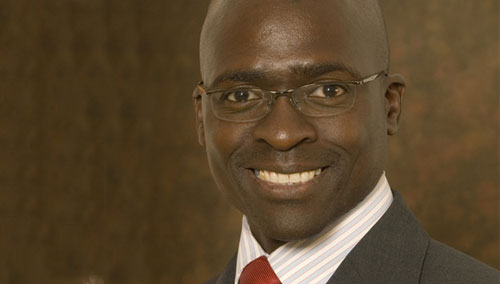
Government has no intention of privatising Broadband Infraco, despite the company reporting a R207m operating loss in its 2011 financial year, driven in part by growing competition from private sector players.
“We get this question everywhere we turn,” says public enterprises minister Malusi Gigaba. “But the fact is, as a result of government intervention in providing broadband infrastructure, you have seen the cost of broadband declining.”
He adds that Broadband Infraco has not yet fulfilled its mandate. One of the requirements is to ensure underserved and unserved areas are provided with connectivity, Gigaba says.
“The existence of Broadband Infraco doesn’t preclude the existence of private sector companies,” he says. “What we have a responsibility to do is continue providing the service we are and ensure we provide it successfully … and meet the mandate we set for [the company].”
Gigaba says he isn’t closing the door on the partial or full sale of Infraco, if it makes sense some time in the future, but “at the moment we have absolutely no intention to privatise” it. “The ICT sector is a competitive sector, but that doesn’t mean Broadband Infraco needs to be privatised.”
Infraco, which was originally set up to provide an alternative national backhaul network in competition with Telkom, has struggled to gain a toehold in the market, partially as a result of liberalisation which that has seen a number of rival operators emerge.
Dark Fibre Africa and FibreCo, a joint venture between Cell C, Dimension Data’s Internet Solutions and Convergence Partners, are both building national infrastructure that will compete directly with networks owned and operated by Infraco. — Duncan McLeod, TechCentral
- Subscribe to our free daily newsletter
- Follow us on Twitter or on Facebook
- Visit our sister website, SportsCentral (still in beta)




